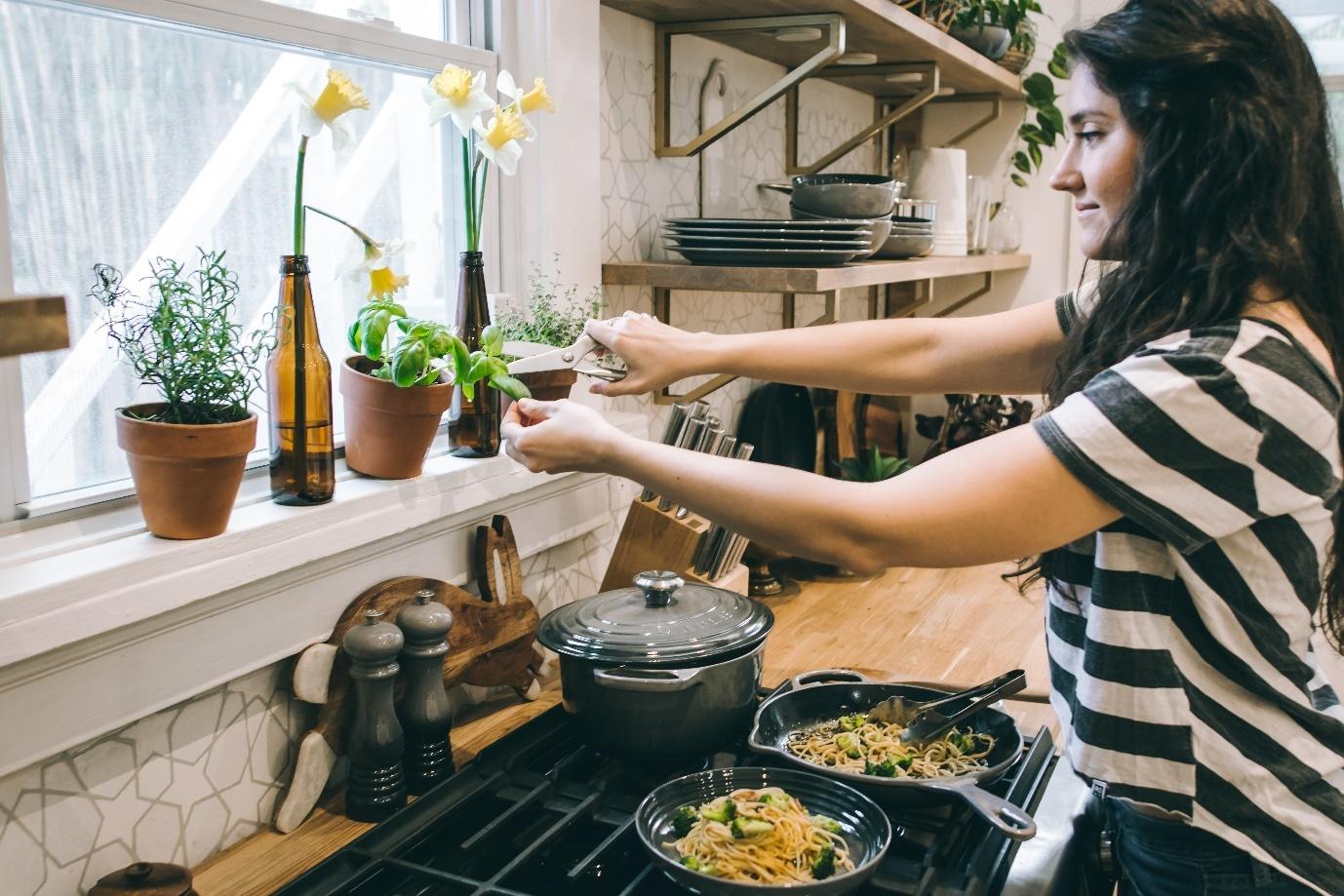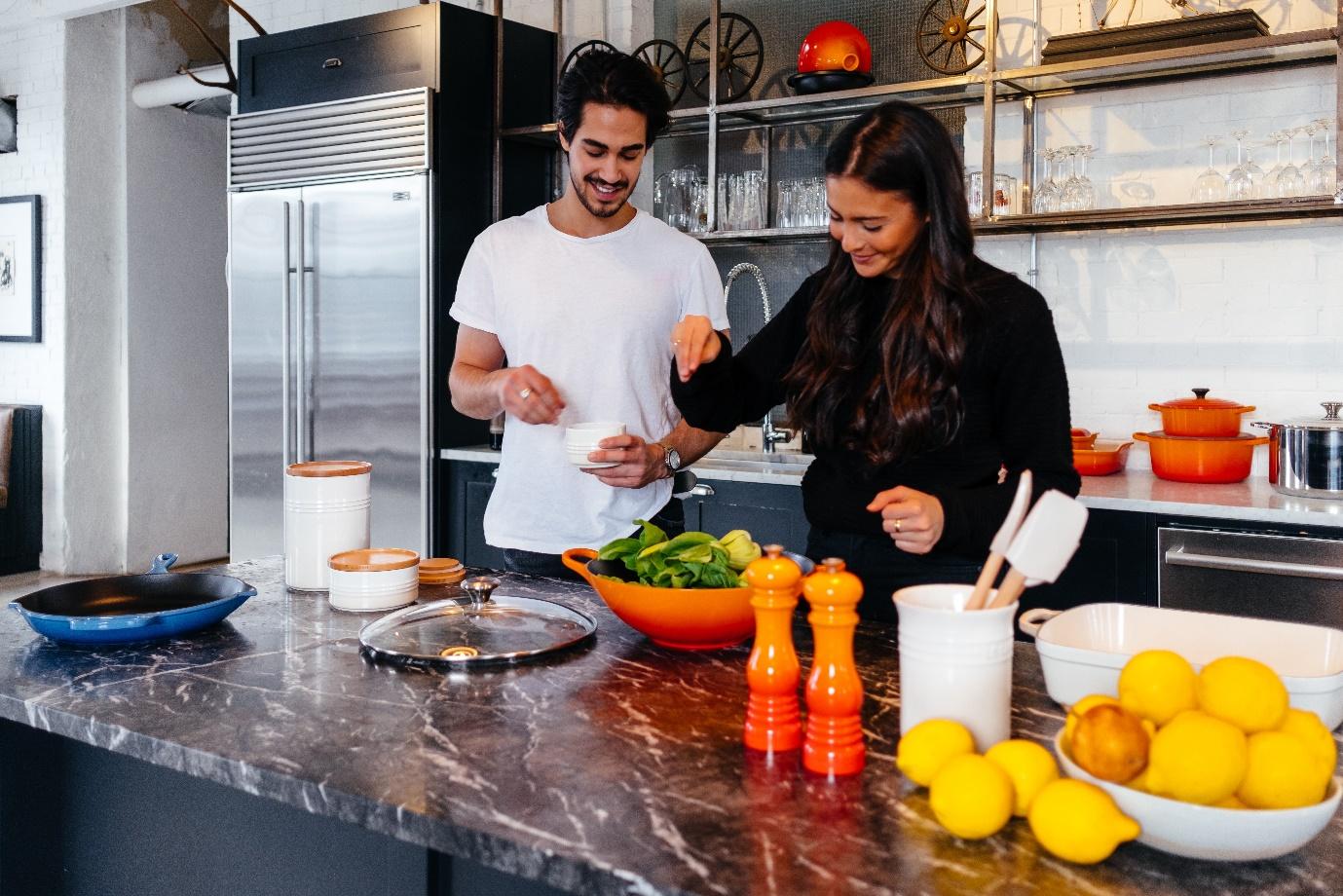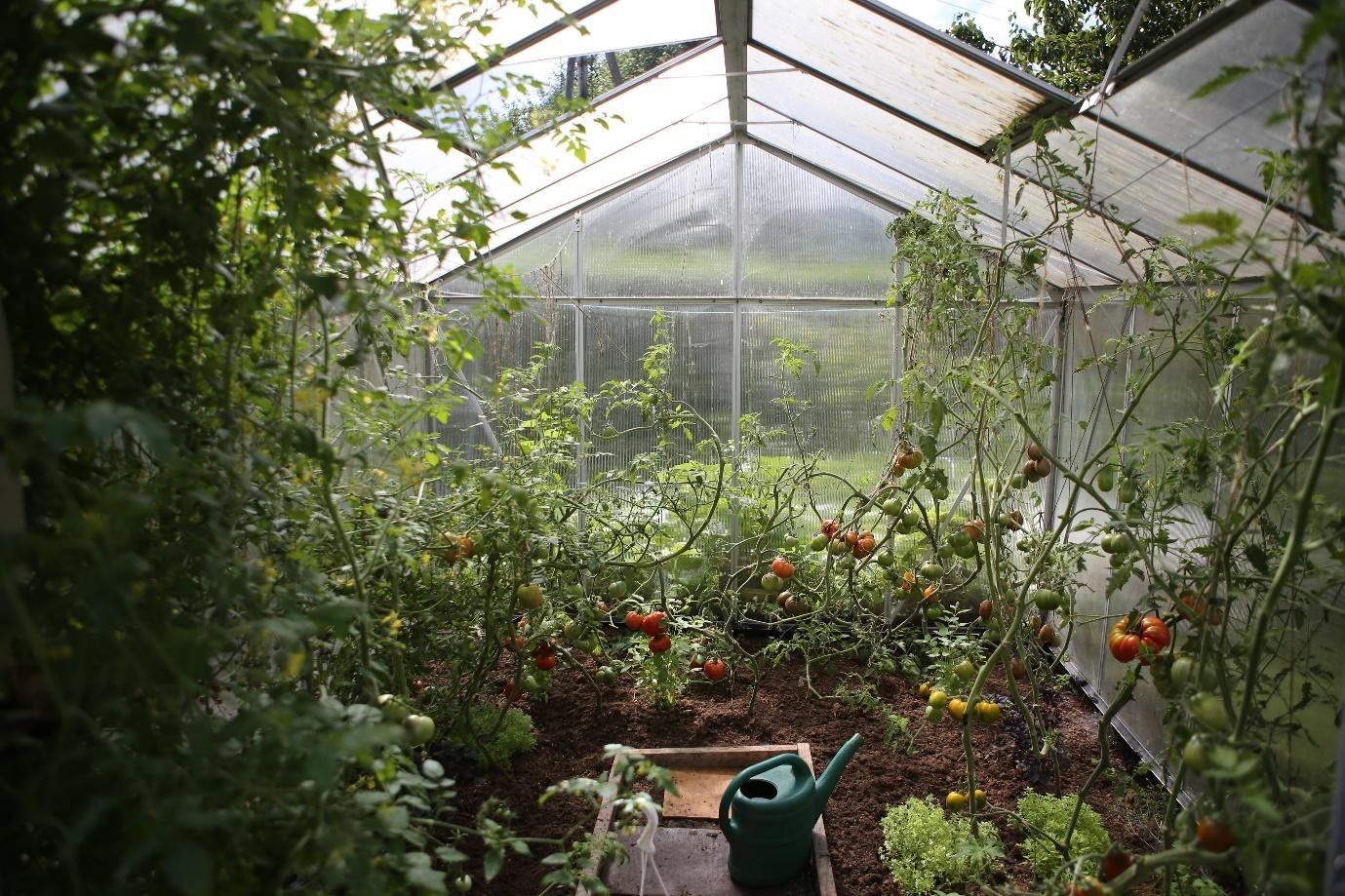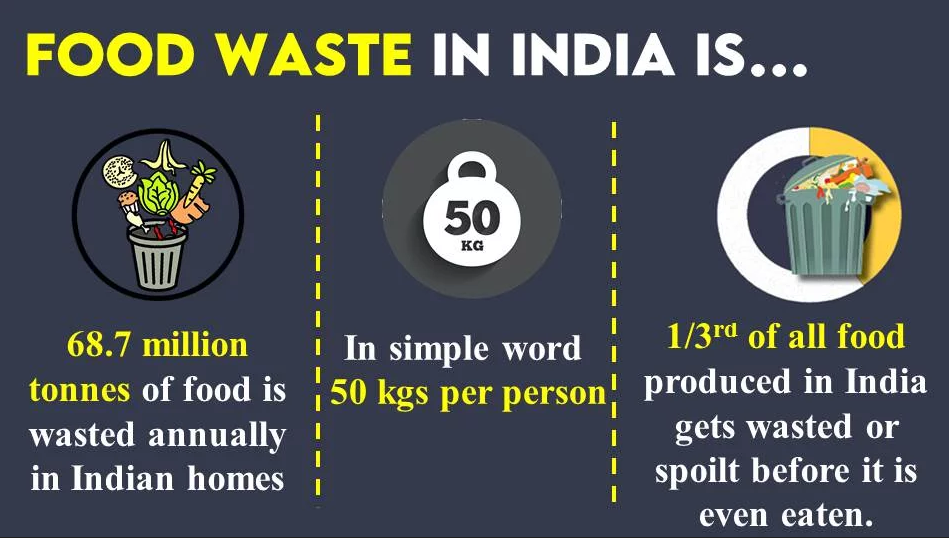Nourishing Change: The Power of adeli Do-It-Yourself Meal Kits in Combating Food Waste


In a world where abundance often coexists with scarcity, the paradox of food waste is starkly evident. Each day, substantial amounts of perfectly good food find their way to landfills, contributing to an alarming global crisis. However, a simple yet revolutionary solution lies in our hands — the adoption of Do-It-Yourself (DIY) meal kits. Beyond providing convenience and culinary exploration, these kits emerge as a powerful tool in the fight against food waste, turning our kitchens into spaces of sustainability and compassion.
The statistics on food waste are staggering. According to the Food and Agriculture Organization (FAO) of the United Nations, approximately one-third of the food produced for human consumption is lost or wasted globally. This wasteful pattern not only squanders valuable resources but also exacerbates issues of hunger and environmental degradation. By embracing DIY meal kits, individuals can play a pivotal role in reshaping this narrative.
One of the primary contributors to food waste is overbuying and improper storage. Traditional grocery shopping often leads to purchasing more than necessary, resulting in perishable items going bad before they can be consumed. DIY meal kits tackle this problem at its root by delivering precisely measured ingredients needed for each recipe. This not only eliminates the need for extensive grocery shopping but also ensures that every component is used, leaving no room for waste.
The controlled portioning in DIY meal kits extends to perishable items like vegetables, herbs, and dairy, mitigating the likelihood of these items going unused. It is a poignant realization that the food waste generated in one kitchen has the potential to fill another’s stomach. By receiving just what is required, users contribute to a more sustainable, compassionate, and connected global food system.
Moreover, DIY meal kits instill a sense of responsibility and awareness in users. As they follow step-by-step instructions to create culinary delights, they gain a deeper understanding of the value of each ingredient. This newfound appreciation transforms the act of cooking into a mindful experience, emphasizing the significance of the resources involved in bringing food to our tables. In turn, this awareness creates a ripple effect, encouraging individuals to adopt more sustainable practices beyond the confines of their kitchens.
The educational aspect of DIY meal kits extends to recipe planning and utilization of leftovers. These kits often include creative recipes that repurpose leftovers into new, delicious meals, leaving no room for the leftover dilemma. This not only minimizes waste but also adds an element of culinary innovation to the kitchen, proving that sustainability and gastronomic pleasure can go hand in hand.
In conclusion, the adoption of adeli DIY meal kits is not merely a choice for culinary convenience; it is a conscientious decision to combat the global crisis of food waste. By streamlining the cooking process, promoting responsible consumption, and instilling a sense of awareness, these kits empower individuals to make a tangible difference in the fight against waste. In a world where food wastage is both an ethical and environmental concern, embracing the power of DIY meal kits is a step towards a more sustainable and compassionate future. So, let your kitchen be a catalyst for change — one meal kit at a time.








